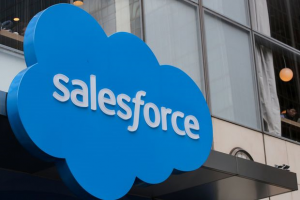Salesforce has revealed its open source foundation, an AI research simulation designed to research tax policy. To accompany its publication, the company released a simulation map, a file that documents the use, risks, and causes of bias in published versions of the simulation.
In addition to this, the company has revealed its Simulation Cards, the objective of which is similar to that of Model Cards and Data Sheets. However, simulations are uniquely different from trained models and datasets, as they’re designed to create scenarios of interest.
These scenarios can contain bias, which might be purposefully built in or an unexpected side-effect of the design choices made during creation. As simulations create numerous datasets of various shapes and sizes, the potential for misuse is greater than that of a single fixed dataset that might contain bias. An unethical simulation poses an order-of-magnitude larger ethical risk. As a result, commitment to transparency is even more critical.
Simulation maps are part of Salesforce’s ongoing effort to create transparency for historically black box systems — systems that can be viewed in terms of inputs and outputs without any knowledge of their internal workings. In 2019, Google released Model Cards, a toolkit which it hopes will bring some transparency to AI models. Model cards specify model architectures and provide insight into factors that help ensure optimal performance for specific use cases.
While it’s unclear what type of third-party simulation cards could be deployed, Salesforce is committed to releasing cards in addition to future simulations.
“We encourage researchers and developers to publish similar Simulation Cards for software releases, to broadly promote transparency and the ethical use of simulation frameworks,” said Stephen Zheng, Lead Research Scientist at Salesforce Research.
The company’s research on the AI Economist — Salesforce’s line of research that studies how to improve economic design using AI — showed the potential of using reinforcement learning to model more realistic economic agents in economic simulations and to achieve higher social welfare. This covered improving equality and productivity with economic policies designed by AI.
All of this falls to The Salesforce Research team. The team tackles issues important to its customers in the field of AI. The team has already developed deep learning APIs that enable customers to build AI-powered apps with Einstein Vision and Einstein Language, and the speech recognition technology that powers Einstein Voice.
























